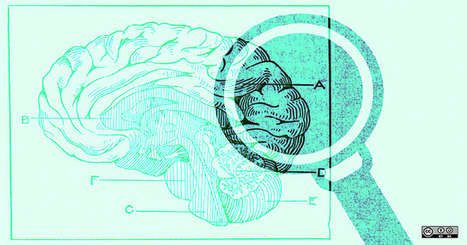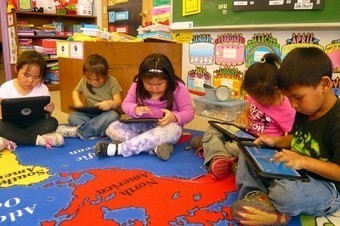Today’s young professionals grew up in an age of mind-boggling technological change, seeing the growth of the internet, the invention of the smartphone, and the development of machine-learning systems. These advances all point toward the total automation of our lives, including the way we work and do business. It’s no wonder, then, that young people are anxious about their ability to compete in the job market. As executives who have spent our lives assessing and implementing digital technology in every type of organization, we often get asked by them: “What should I learn today so that I’ll have a job in the future?” In what follows we’ll share seven skills that can not only make you unable to be automated, but will make you employable no matter what the future holds.
Research and publish the best content.
Get Started for FREE
Sign up with Facebook Sign up with X
I don't have a Facebook or a X account
Already have an account: Login
Literacy in a digital education world and peripheral issues.
Curated by
Elizabeth E Charles
 Your new post is loading... Your new post is loading...
 Your new post is loading... Your new post is loading...
|
|
















